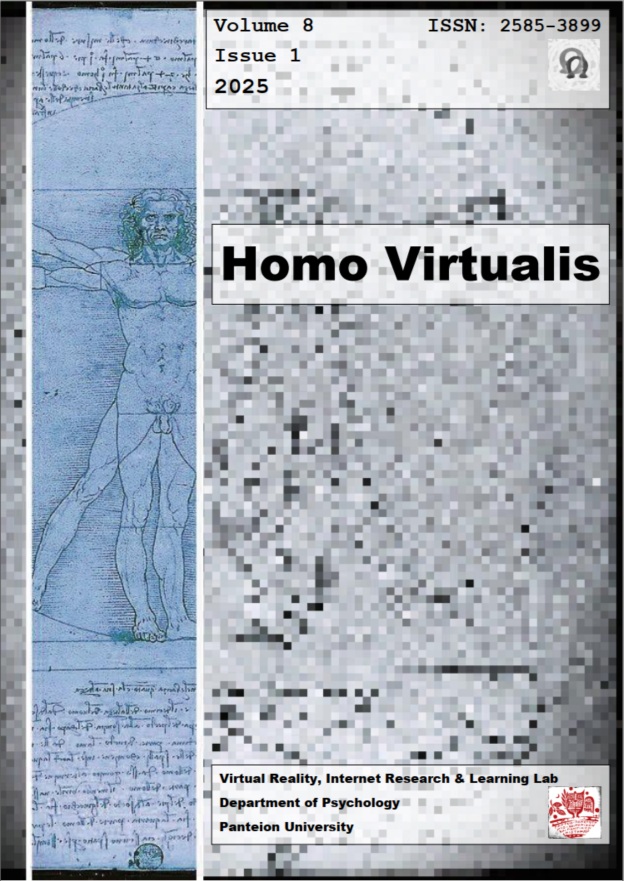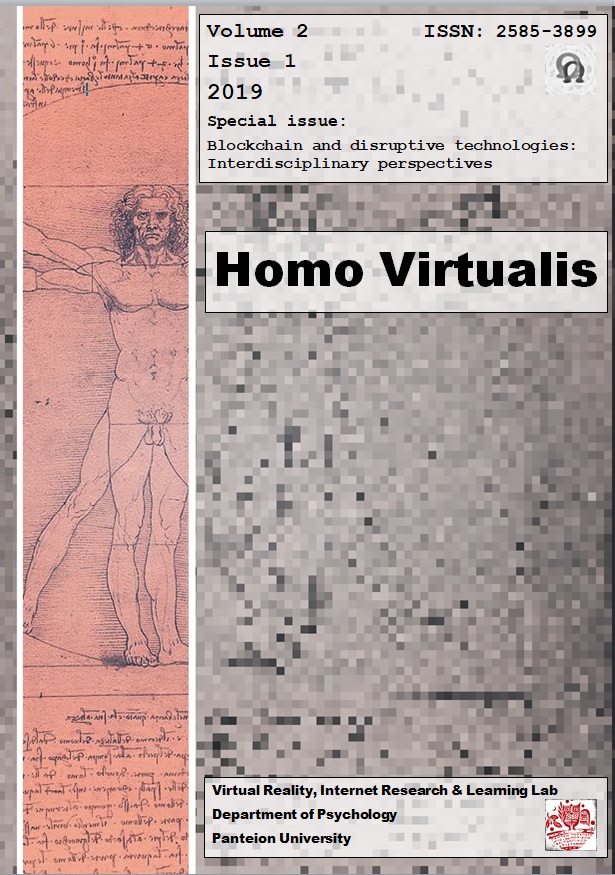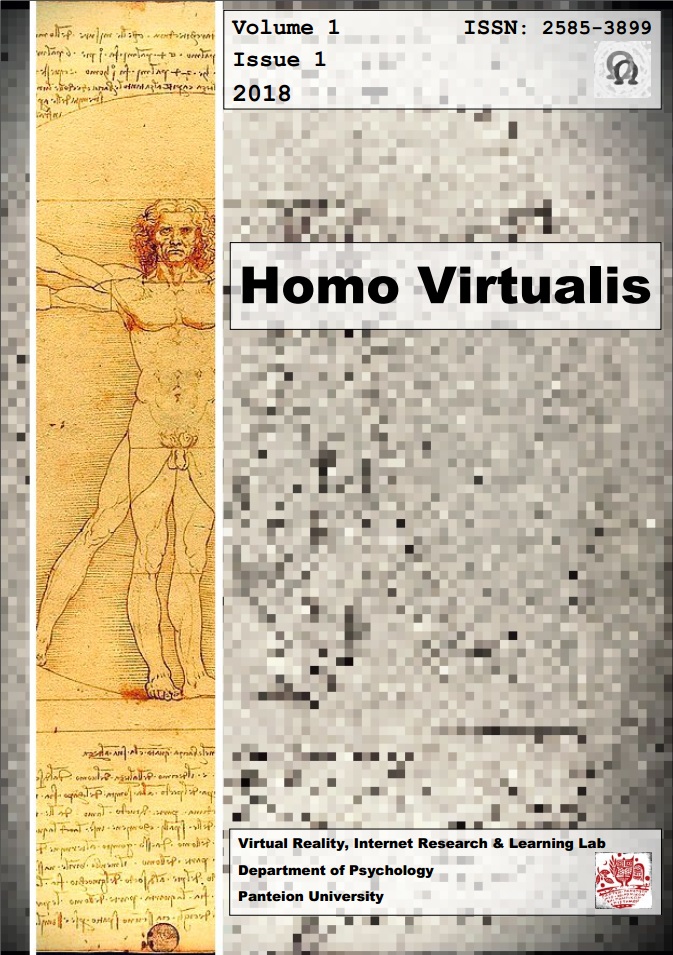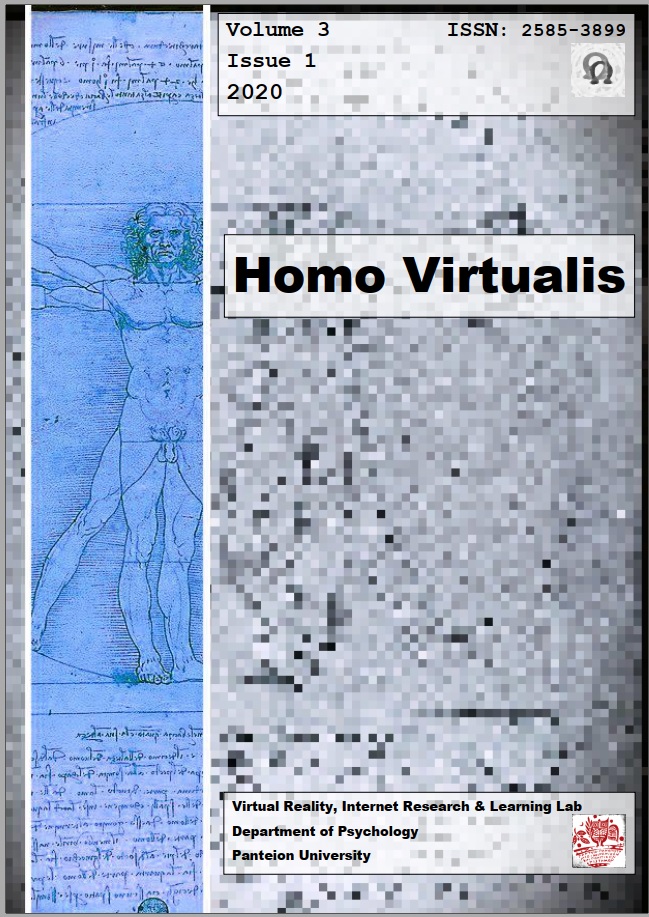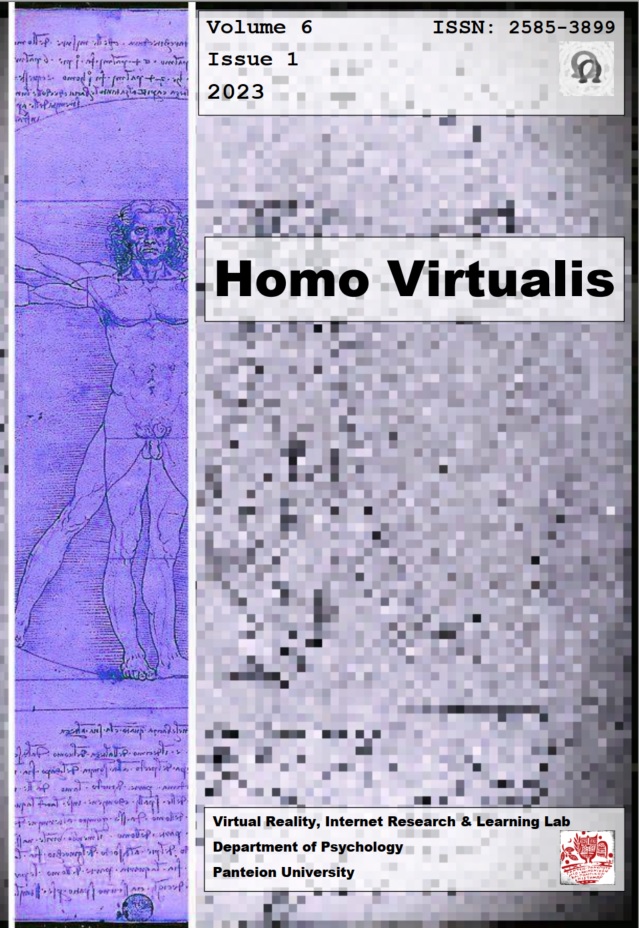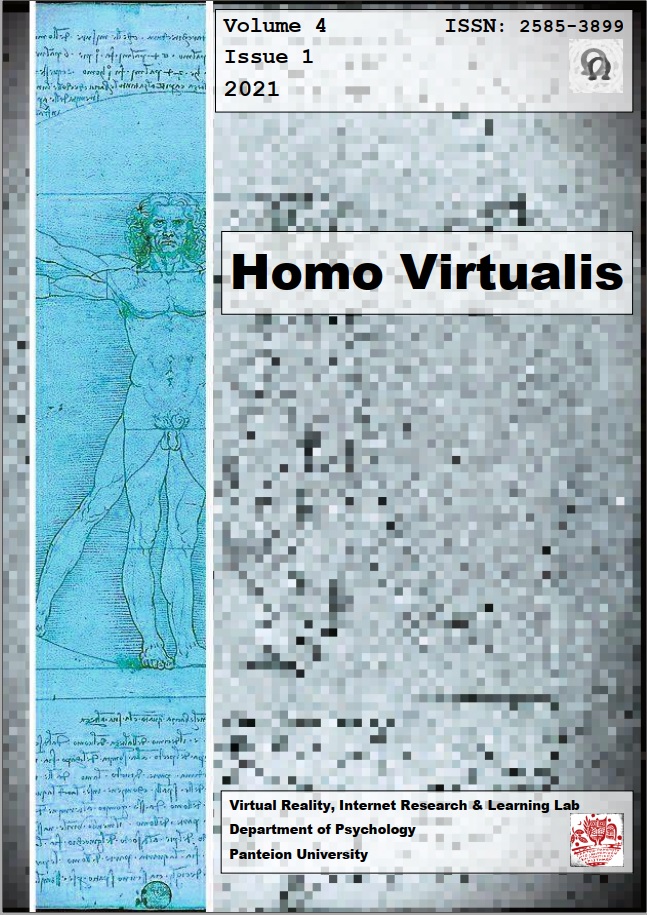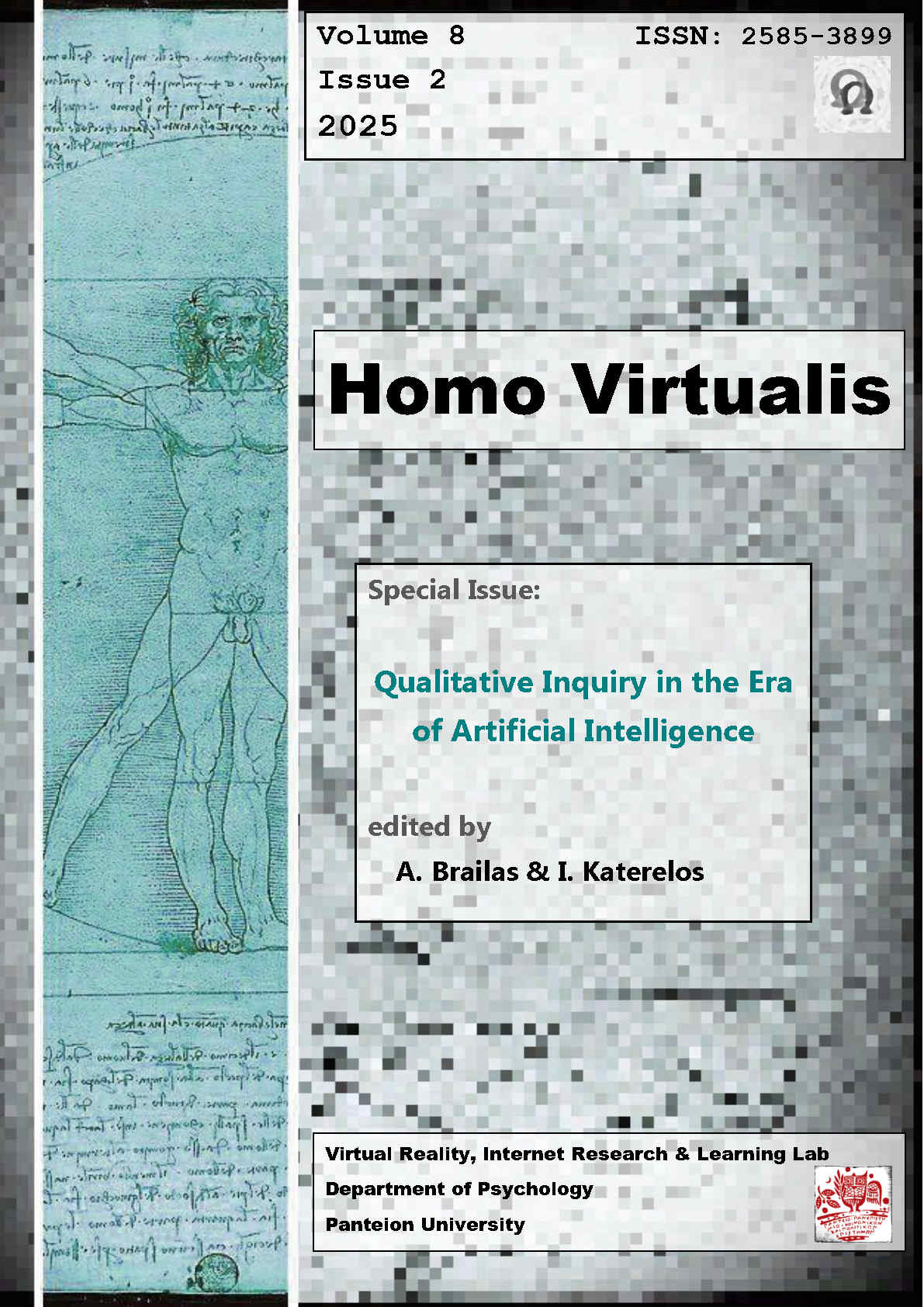The psychological impact of social media: FOMO, social comparison, and media fatigue
Περίληψη
This study explores the psychological effects of social media, focusing on the phenomena of Fear of Missing Out (FOMO), social comparison, and media fatigue. Using a qualitative phenomenological approach, the research examines the experiences of 10 young adults (aged 21-23) regarding their relationship with social media and its psychological consequences. The findings indicate that social media could intensify social comparison among individuals, encouraging the construction of a carefully curated digital identity, and heightening levels of anxiety due to the fear of missing out possible experiences and opportunities. Additionally, the overload of information and the constant need to stay connected online all the time may lead to emotional exhaustion and media fatigue. This study discusses the implications of these effects on psychological well-being and suggests potential strategies for a more balanced use of social media. Individuals should be able to use new social technologies in a functional and life-promoting way, and it is a challenge for modern psychologists to assist individuals and groups in this direction. This is not a matter of debate, as it is given today that technology, social media, and artificial intelligence are now an integral part of the post-human, postdigital, condition.
Λεπτομέρειες άρθρου
- Πώς να δημιουργήσετε Αναφορές
-
Konstantopoulou, A., & Brailas, A. (2025). The psychological impact of social media: FOMO, social comparison, and media fatigue. Homo Virtualis, 8(1), 1–22. https://doi.org/10.12681/homvir.40950
- Ενότητα
- Ερευνητικές Εργασίες

Αυτή η εργασία είναι αδειοδοτημένη υπό το CC Αναφορά Δημιουργού 4.0.
Οι συγγραφείς των άρθρων που δημοσιεύονται στο περιοδικό διατηρούν τα δικαιώματα πνευματικής ιδιοκτησίας επί των άρθρων τους, δίνοντας στο περιοδικό το δικαίωμα της πρώτης δημοσίευσης.
Άρθρα που δημοσιεύονται στο περιοδικό διατίθενται με άδεια Creative Commons 4.0 και σύμφωνα με την άδεια μπορούν να χρησιμοποιούνται ελεύθερα, με αναφορά στο/στη συγγραφέα και στην πρώτη δημοσίευση για μη κερδοσκοπικούς σκοπούς.
Οι συγγραφείς μπορούν να καταθέσουν το άρθρο σε ιδρυματικό ή άλλο αποθετήριο ή/και να το δημοσιεύσουν σε άλλη έκδοση, με υποχρεωτική την αναφορά πρώτης δημοσίευσης στο περιοδικό
Οι συγγραφείς ενθαρρύνονται να καταθέσουν σε αποθετήριο ή να δημοσιεύσουν την εργασία τους στο διαδίκτυο πριν ή κατά τη διαδικασία υποβολής και αξιολόγησής της.

